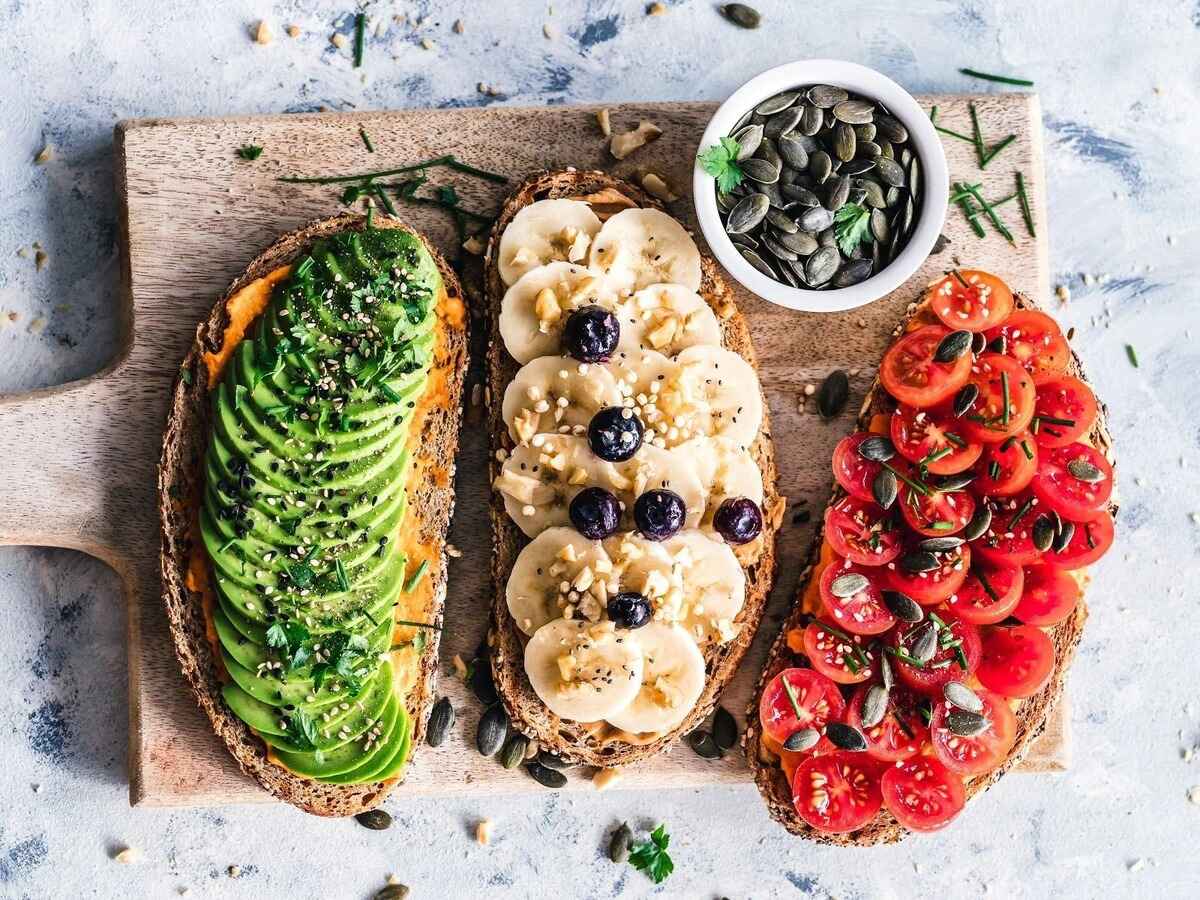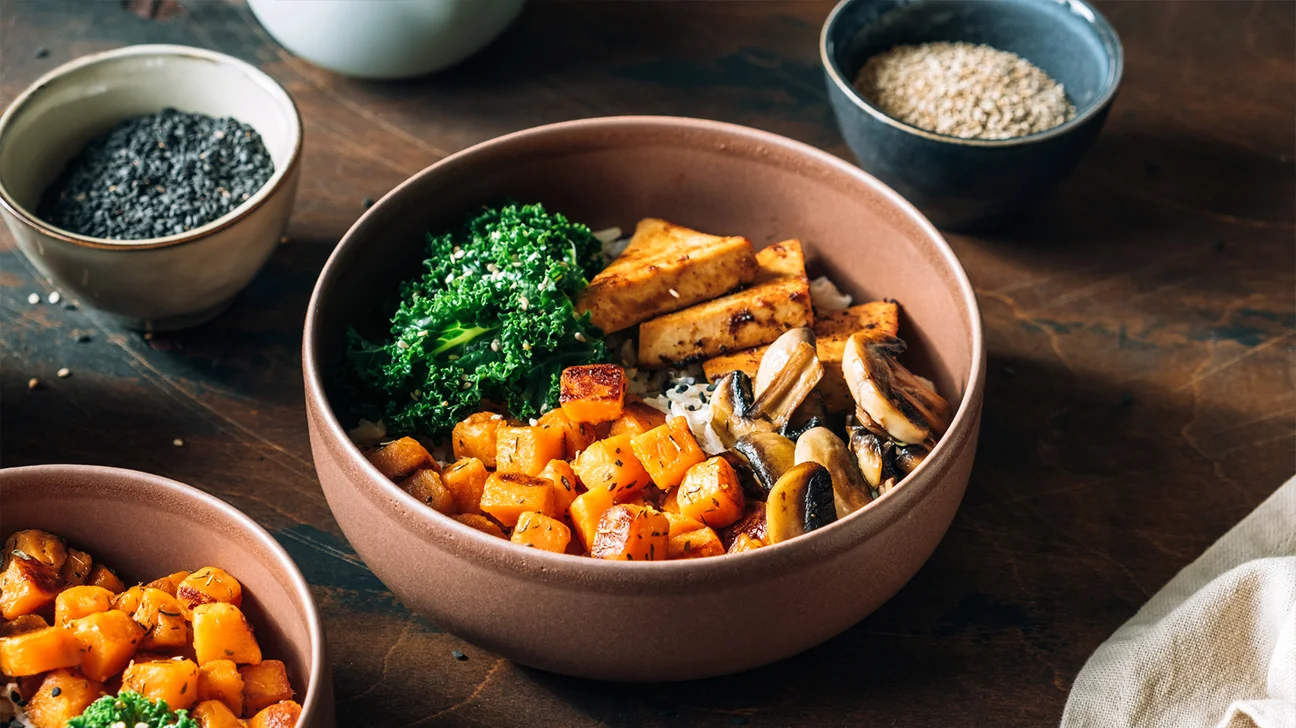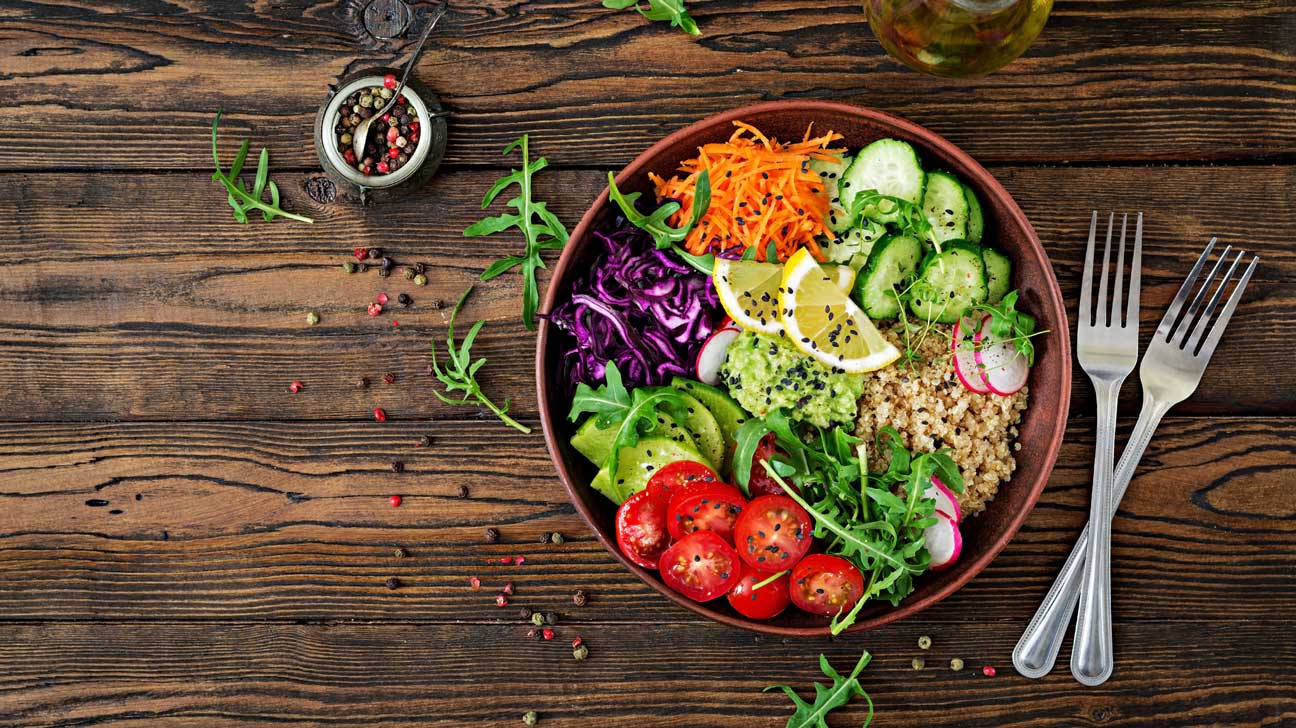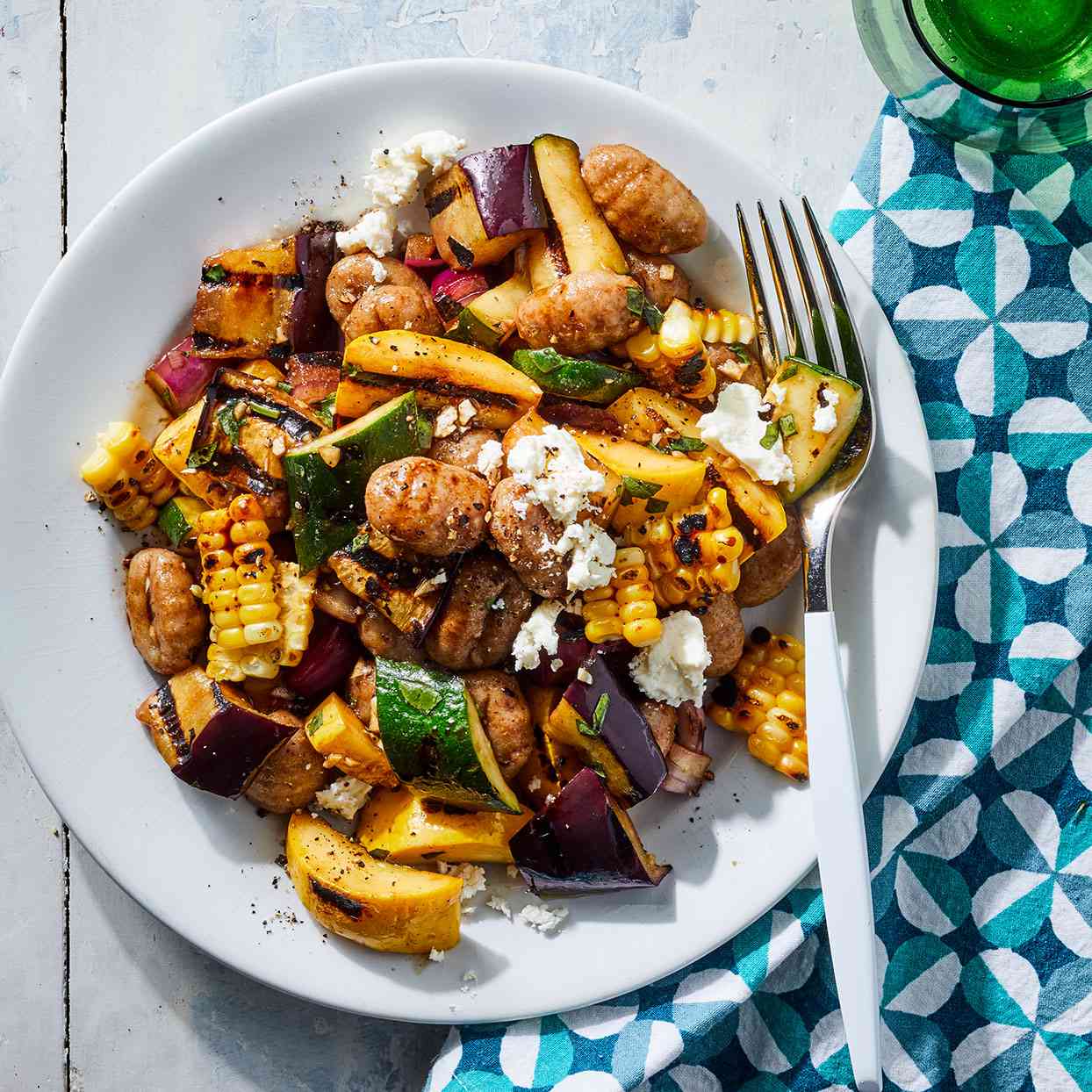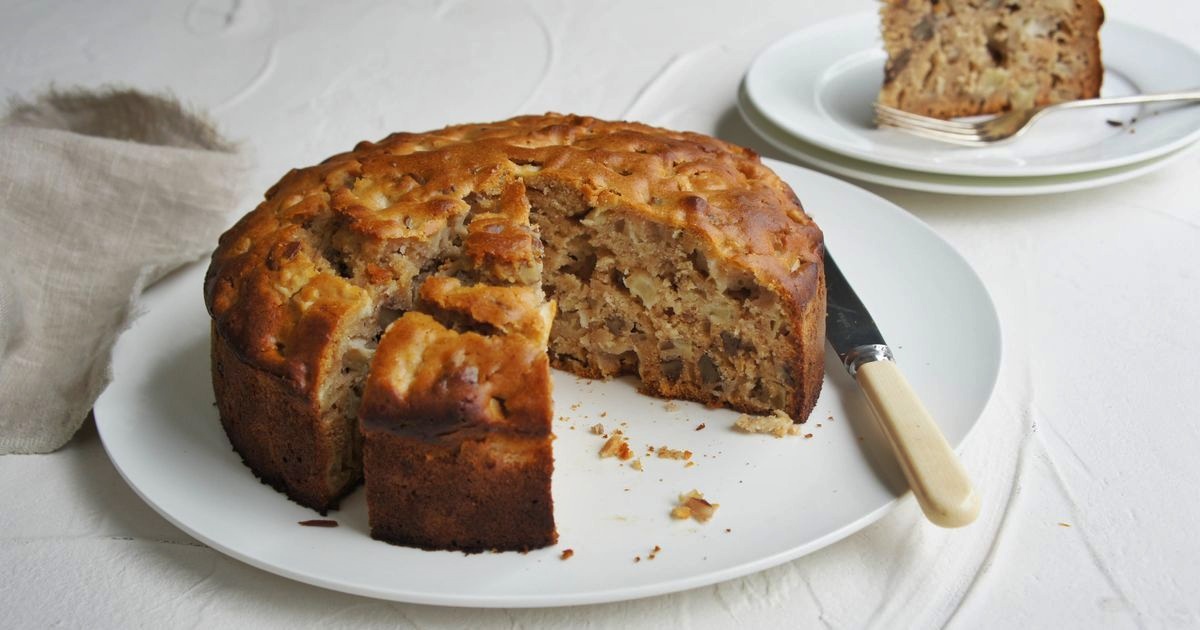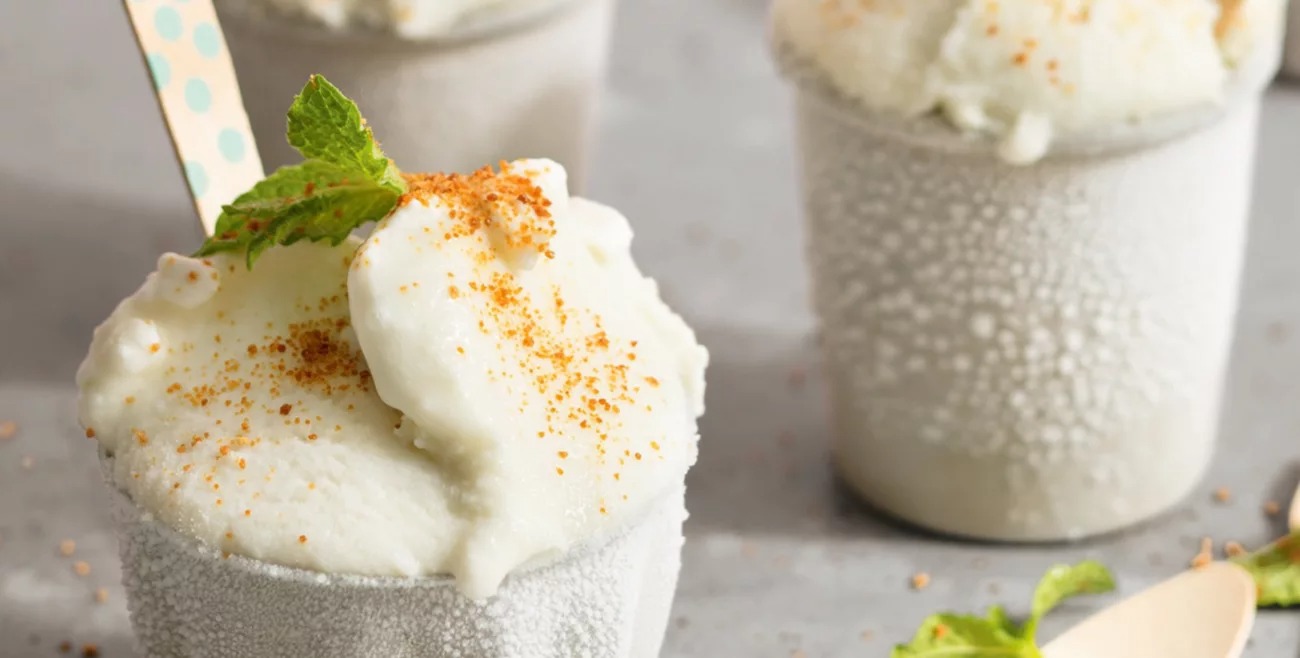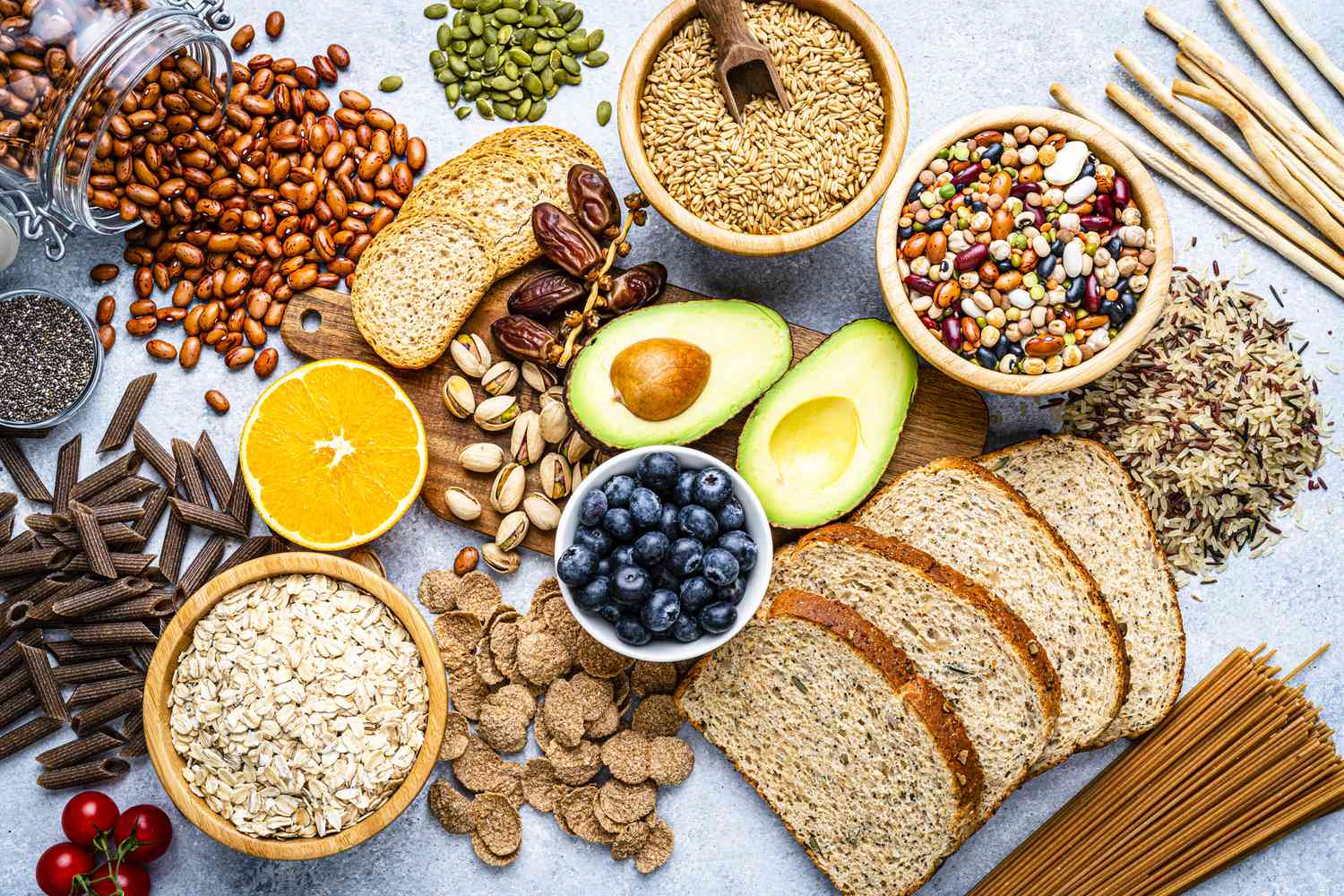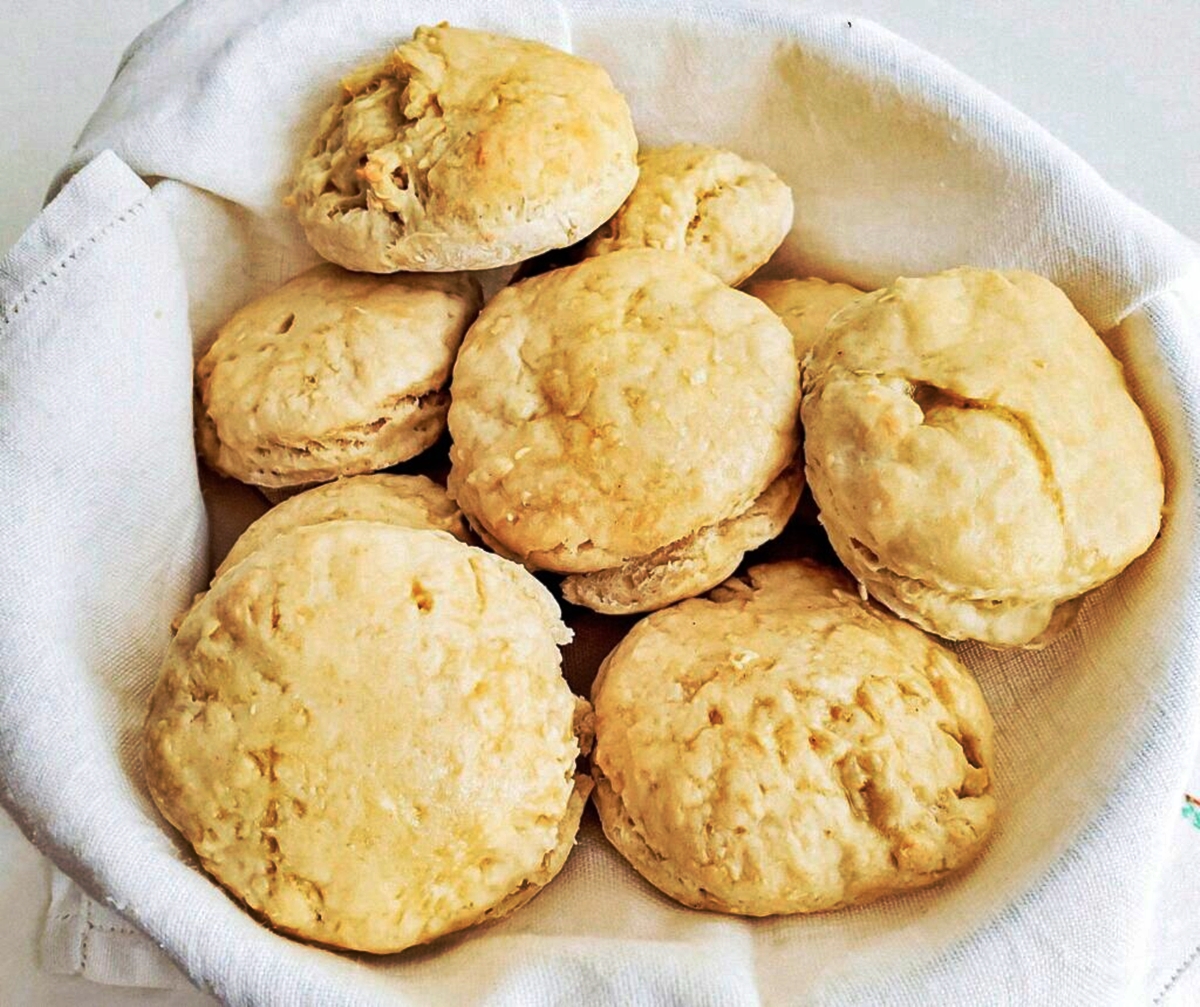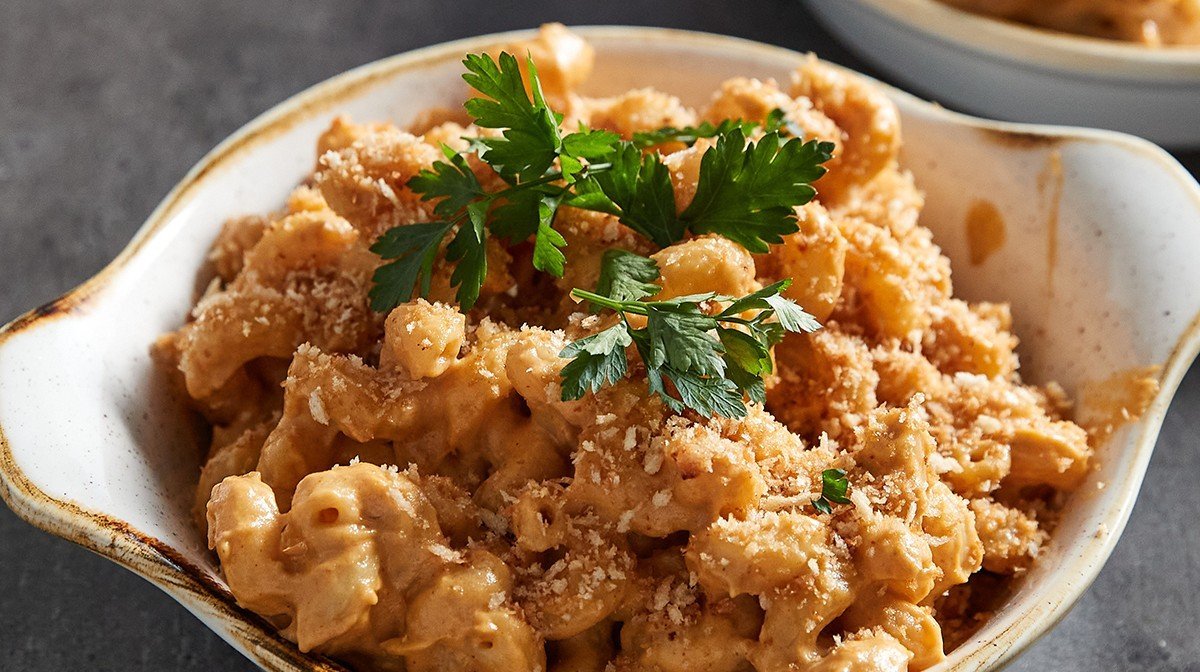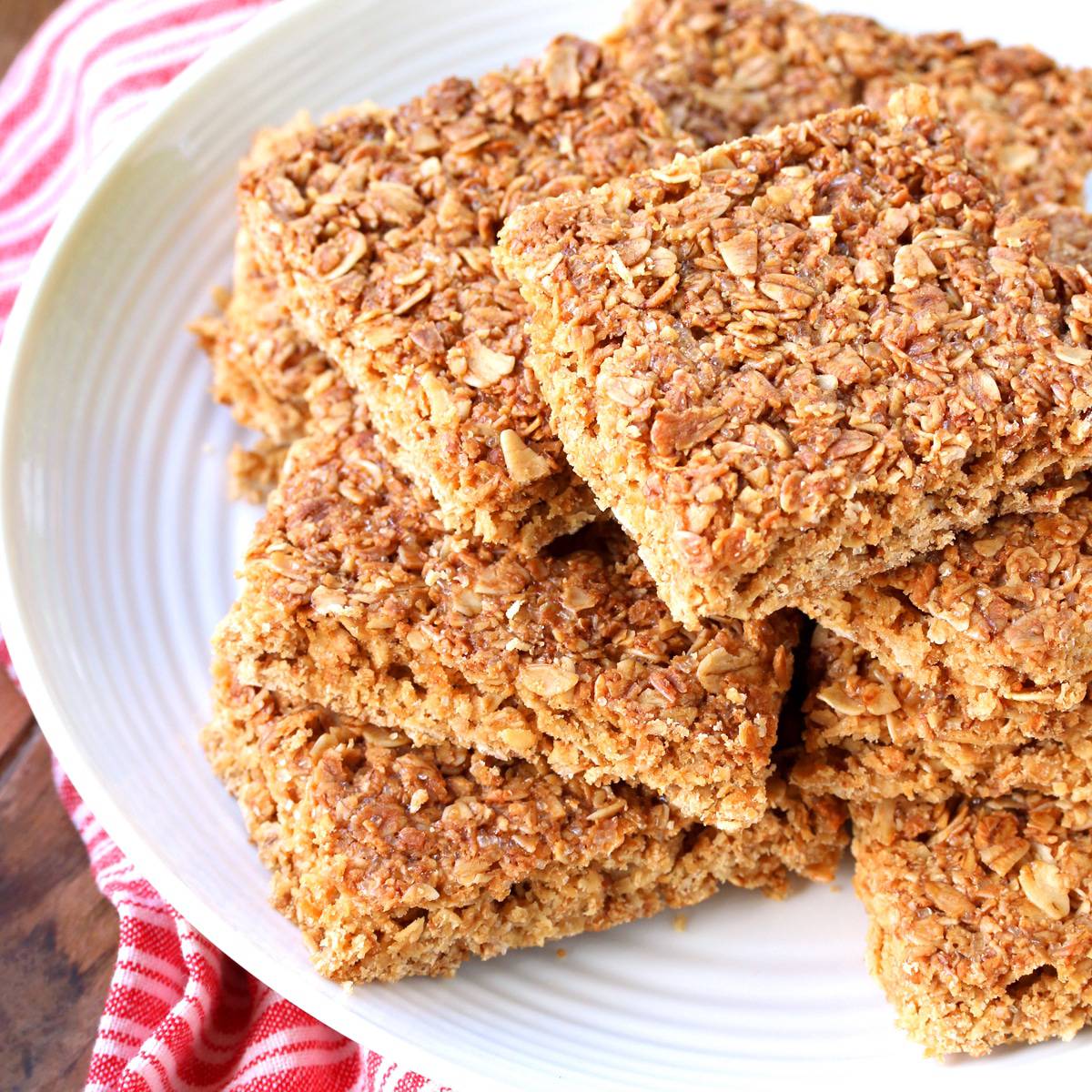Vegan Protein Swaps: Fueling Your Plant-Based Diet
Adopting a vegan lifestyle doesn’t mean you have to miss out on essential nutrients, especially protein. While many people associate protein with animal-based sources, there are plenty of vegan protein swaps that can support your dietary needs. Whether you’re a long-time vegan or just exploring plant-based options, these alternatives will ensure you’re getting the protein your body requires.
1. Tempeh
Tempeh is a versatile and protein-packed food made from fermented soybeans. With a firm texture and nutty flavor, it can be marinated, baked, grilled, or crumbled into various dishes. A 3-ounce serving of tempeh contains around 16 grams of protein, making it an excellent vegan protein swap for traditional meat-based meals.
2. Lentils
Lentils are a dietary powerhouse that not only provides protein but also fiber and essential minerals. They come in different colors, including green, red, and black, and can be used in soups, stews, salads, or even as a meat substitute in tacos or patties. A cup of cooked lentils offers about 18 grams of protein, making it a perfect choice for vegan protein swaps.
3. Quinoa
Quinoa is a gluten-free grain that contains all nine essential amino acids, making it a complete protein source. It can be cooked and used as a base for salads, served as a side dish, or used in place of rice in various recipes. With approximately 8 grams of protein per cooked cup, quinoa is a versatile and nutritious vegan protein swap.
4. Chickpeas
Chickpeas, also known as garbanzo beans, are not only high in protein but also rich in fiber and minerals. They can be roasted for a crunchy snack, mashed into hummus, or used to make delicious falafels. A half-cup of cooked chickpeas contains about 7 grams of protein, making them an ideal vegan protein swap for salads, curries, and wraps.
5. Tofu
Tofu, made from soybeans, is a staple in many vegan diets due to its high protein content and versatility. Its texture and mild taste make it suitable for a variety of dishes, such as stir-fries, scrambles, or even desserts. Half a cup of tofu provides approximately 10 grams of protein, making it a fantastic vegan protein swap for those seeking plant-based alternatives.
6. Hemp Seeds
Hemp seeds are tiny nutritional powerhouses, packed with protein, healthy fats, and essential fatty acids. They can be sprinkled on top of salads, blended into smoothies, or used as a base for homemade protein bars or energy balls. Just 3 tablespoons of hemp seeds contain around 10 grams of protein, making them an excellent addition to any vegan protein swap arsenal.
7. Pea Protein Powder
Pea protein powder is derived from yellow split peas and offers a convenient way to increase your protein intake. It can be added to smoothies, baked goods, or shakes to boost their protein content. One scoop of pea protein powder typically contains around 20 grams of protein, making it an effective vegan protein swap for athletes, fitness enthusiasts, or those looking to supplement their diet.
- Remember to vary your protein sources to ensure you’re getting a wide range of amino acids.
- Experiment with different vegan protein swaps to keep your meals exciting and flavorful.
- Consider combining complementary proteins, like legumes and grains, to create complete protein sources.
- Consult a registered dietitian or nutritionist to ensure your vegan diet meets all your nutritional needs.
With these vegan protein swaps, you can still enjoy a protein-rich diet while following a plant-based lifestyle. Don’t be afraid to get creative in the kitchen and explore new ways to incorporate these alternative sources of protein into your meals. Your body and taste buds will thank you!

